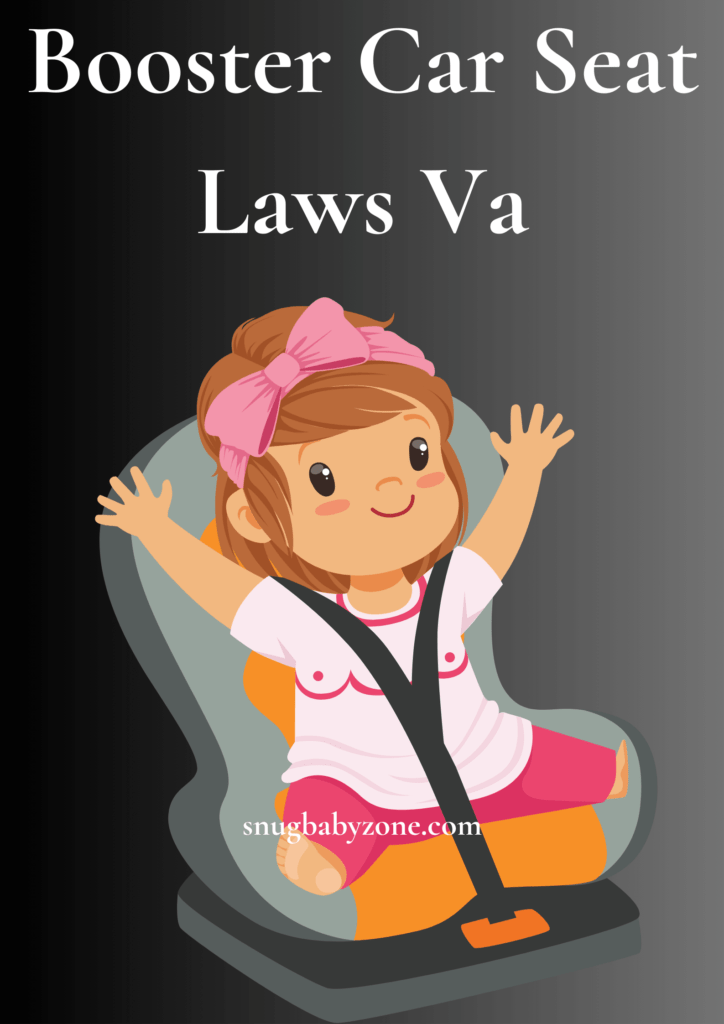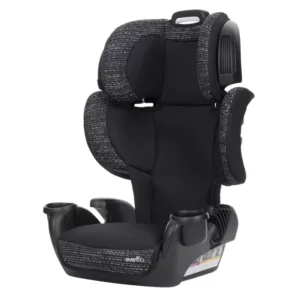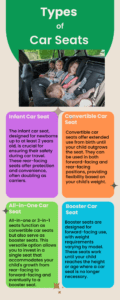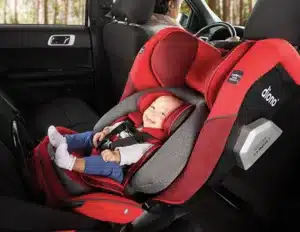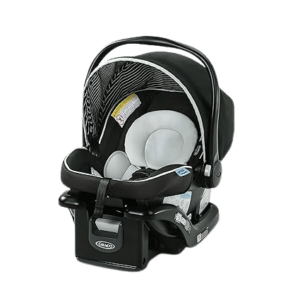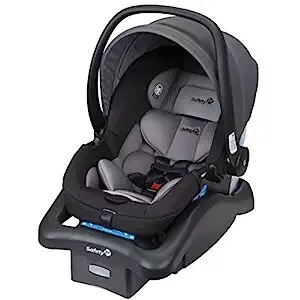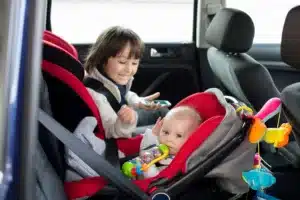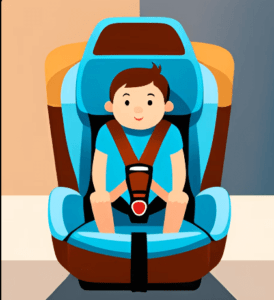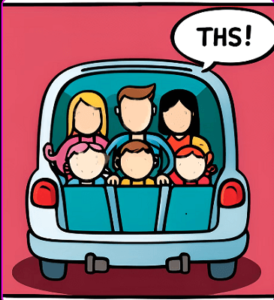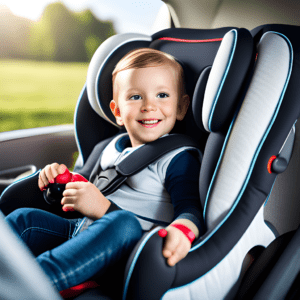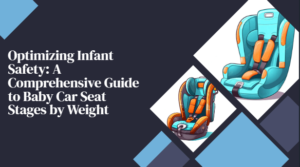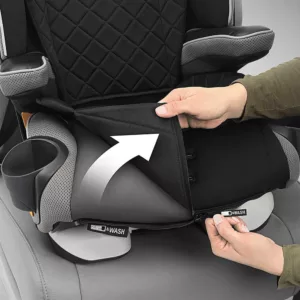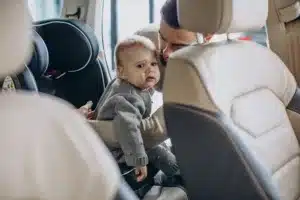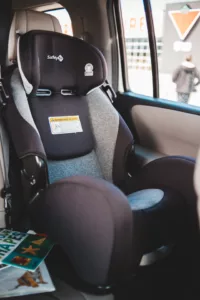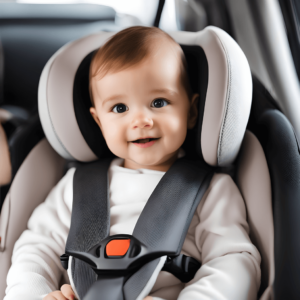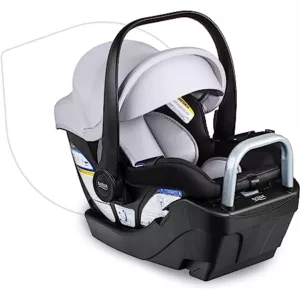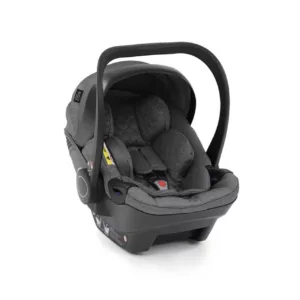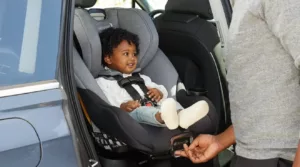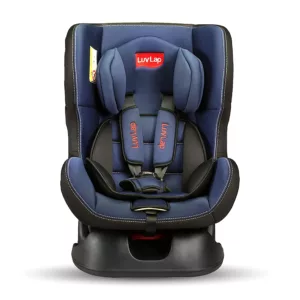Booster Seat Laws Va
In Virginia, prioritising your child’s safety while travelling starts with grasping the booster car seat laws. These regulations aim to shield young passengers by establishing guidelines on the appropriate usage of booster seats. Understanding and adhering to these laws are pivotal for parents and caregivers, guaranteeing compliance and, above all, protecting precious lives. Let’s explore Virginia’s booster car seat laws to ensure you’re fully prepared to safeguard your little ones on every trip.
Thank you for reading this post, don't forget to subscribe!From rear-facing car seats for infants to booster seats for older children, each stage of a child’s development requires specific safety measures to mitigate the risk of injuries in the event of a crash. This comprehensive guide provides a detailed overview of the regulations and best practices for child passenger safety, focusing on hot topics such as Virginia’s booster seat laws and the importance of proper restraint systems.
Table of Contents
ToggleRear-Facing Car Seat Law for Children Up to 2 Year-Old – Va Booster Seat Laws
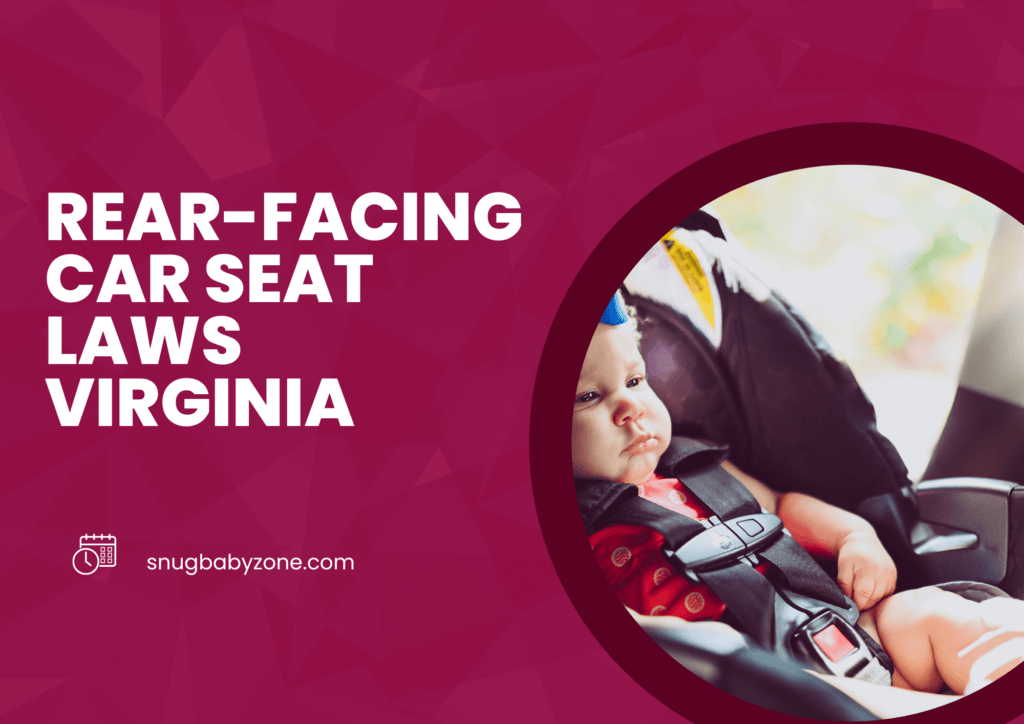
Research has shown that rear-facing car seats offer superior protection for infants and young children in crashes. As a result, all children in Virginia are legally required to remain in a rear-facing car seat until at least age 2.
This regulation ensures that young passengers’ heads, necks, and backs are kept in line and fully supported by the car seat shell, reducing the risk of head and spinal injuries.
Transitioning to Convertible Car Seats – Booster Seat Law In Va
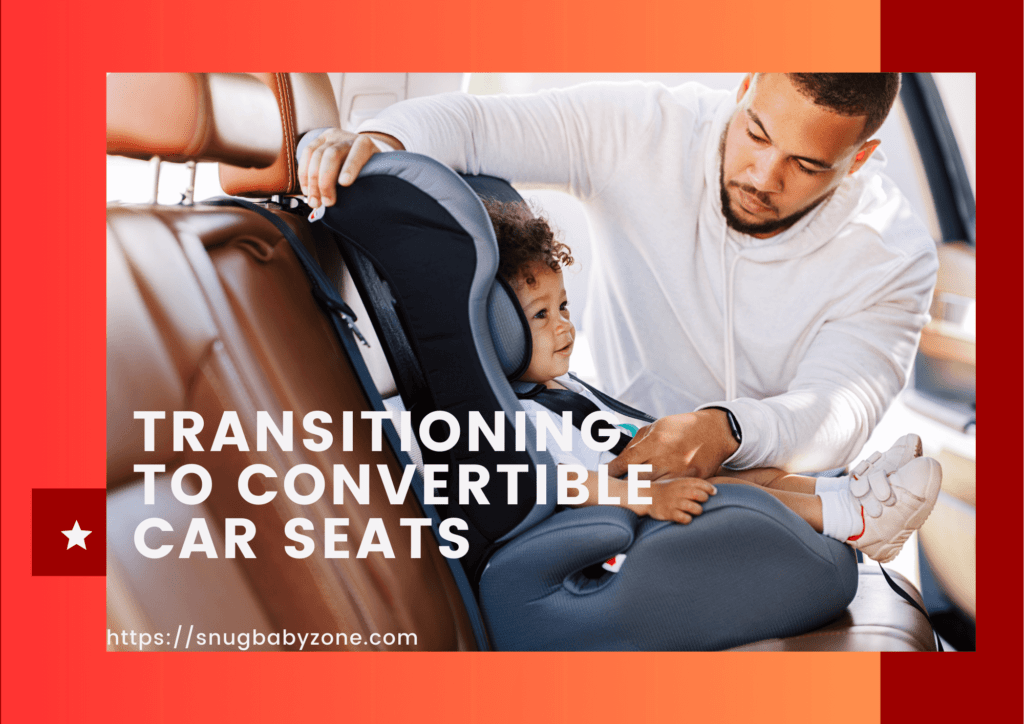
As infants outgrow their rear-facing infant-only car seats, typically before the age of one, they should transition to a rear-facing convertible car seat. These convertible seats are designed to accommodate rear-facing positioning for extended periods, often up to 40-50 pounds. By utilising convertible car seats, caregivers can ensure that children remain rear-facing for as long as possible, maximising their safety on the road.
Forward-Facing Car Seats for Toddlers – Booster Seat Laws In Va
After reaching the age of two, children may transition to forward-facing car seats, although keeping them rear-facing for as long as possible is recommended. Forward-facing car seats should be harnessed, securing the child at or slightly above the shoulders. Caregivers must adjust the car seat when transitioning from rear-facing to forward-facing mode, ensuring proper installation and harness positioning.
Importance of Booster Seats – Booster Seat Laws Va
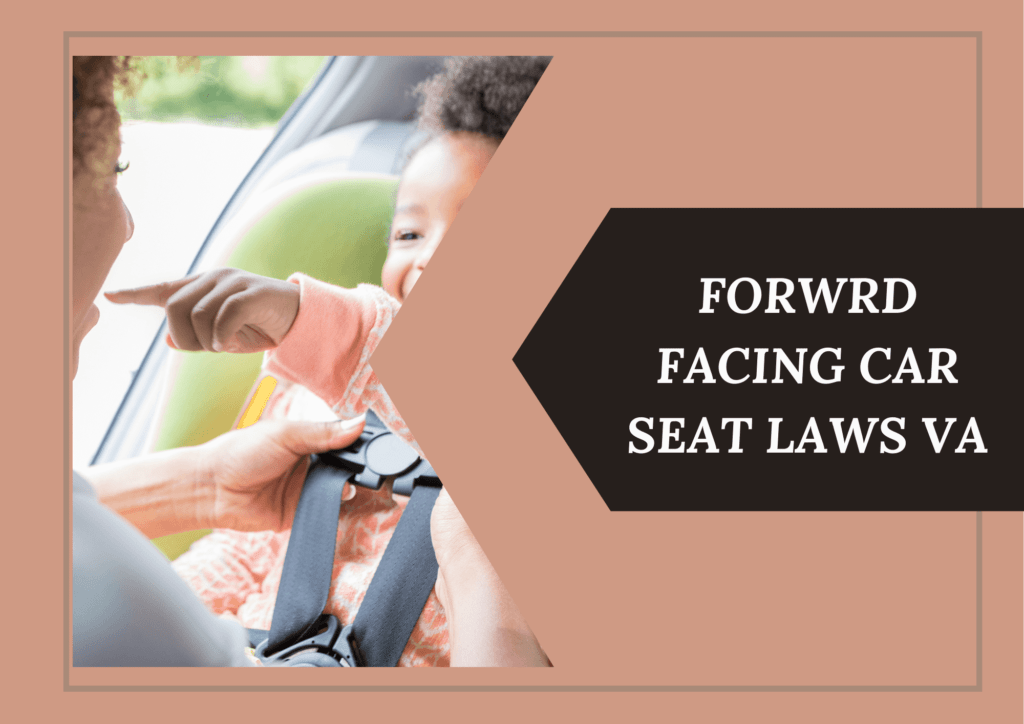
Virginia and North Carolina laws mandate the use of properly installed car or booster seats for all children until their 8th birthday. Booster seats should be used until children can fit in an adult seat belt properly, typically when they reach a height of about 4’9″ tall and weigh around 80 pounds. Booster seats elevate children to ensure that the vehicle lap and shoulder belts fit correctly, reducing the risk of injury in the event of a crash.
LATCH System Update – Va Booster Seat Law
Recent updates to the LATCH (Lower Anchors and Tethers for Children) system have prompted concerns regarding its adequacy for larger, heavier car seats. Caregivers should consult their vehicle’s owner manual, car seat instruction manual, and a Child Passenger Safety Technician for assistance if needed. Regardless of the installation method (LATCH or seat belt), the rear/top tether strap is recommended to limit head movement in a crash and decrease head and neck injuries.
Guidelines by Age:
Infants should always ride in a rear-facing car seat, with harness straps secured at or slightly below shoulder level. Toddlers up to age four can continue to use rear-facing car seats or transition to forward-facing seats with harness systems. Children aged 4-8 may use a five-point harness system or move to a belt-positioning booster seat until they reach a height of 4’9″ tall. Children aged 8-12 should use the vehicle lap and shoulder belts once they meet specific height and weight requirements.
Penalties for Not Using Car Seats in Virginia:
It is against the law to transport a child under eight without a car seat in Virginia. Drivers who violate this regulation may face a fine of $50 for a first-time offence, per the Virginia Department of Health.
Virginia treats subsequent law violations more seriously, with a second violation potentially leading to a fine of up to $500. However, exceptions are made for children with a valid medical reason not to ride in a car seat. To avoid fines, ensure you have a doctor’s note explaining the medical exemption whenever you drive with the child in your vehicle.
Exemptions for Taxis and Ordered Vehicles in Virginia:
Virginia exempts child seat laws if you travel in a taxi or another ordered vehicle. While riding in these vehicles, children are not required to be strapped into car seats or boosters.
However, experts recommend using a car seat even when travelling by taxi or ordered vehicle to promote your child’s safety.
Guidelines for Replacing Your Car Seat After a Crash:
In Virginia, you must replace your car seat if you were in a car accident and were unable to drive away afterwards. Experts recommend replacing a car seat after any accident, but it is legally required only after severe collisions. Additionally, car seats typically function properly for around six years, after which components may wear out, regardless of whether the seat was involved in a collision. Inspect the seat thoroughly after six years to determine if it needs replacement.
Conclusion – Booster Seat Law In Va
Ensuring the safety of child passengers is a collective responsibility that demands diligent adherence to regulations and the adoption of best practices. By adhering to laws such as Virginia’s booster seat laws and following recommendations for proper car seat usage, caregivers can significantly reduce the risk of injuries to children while travelling in vehicles. Remember, the safety of our youngest passengers depends on us prioritising their protection at every stage of their development.
Frequently Asked Questions – Booster Seat Law In Va
What are the booster seat laws in Virginia?
- The booster seat laws in Virginia require children to use a properly installed booster seat until they reach their 8th birthday.
At what age can a child transition from a booster seat to a regular seat belt in Virginia?
- Children can transition from a booster seat to a regular seat belt in Virginia when they can fit in the seat belt properly, typically when they reach a height of about 4’9″ and weigh around 80 pounds.
Are there any exemptions to the booster seat laws in Virginia?
- Yes, there are exemptions to the booster seat laws in Virginia. For example, children with a valid medical reason not to use a booster seat may be exempted.
What are the penalties for not complying with booster seat laws in Virginia?
- The penalties for not complying with booster seat laws in Virginia may include fines, starting from $50 for a first-time offence and potentially increasing for subsequent violations.
Can I use a booster seat for my child if they travel in a taxi or order a vehicle in Virginia?
- In Virginia, there is an exemption to the booster seat laws for children travelling in taxis or ordered vehicles. However, using a booster seat for the child’s safety is still recommended, even in these vehicles.
Related Resource:
